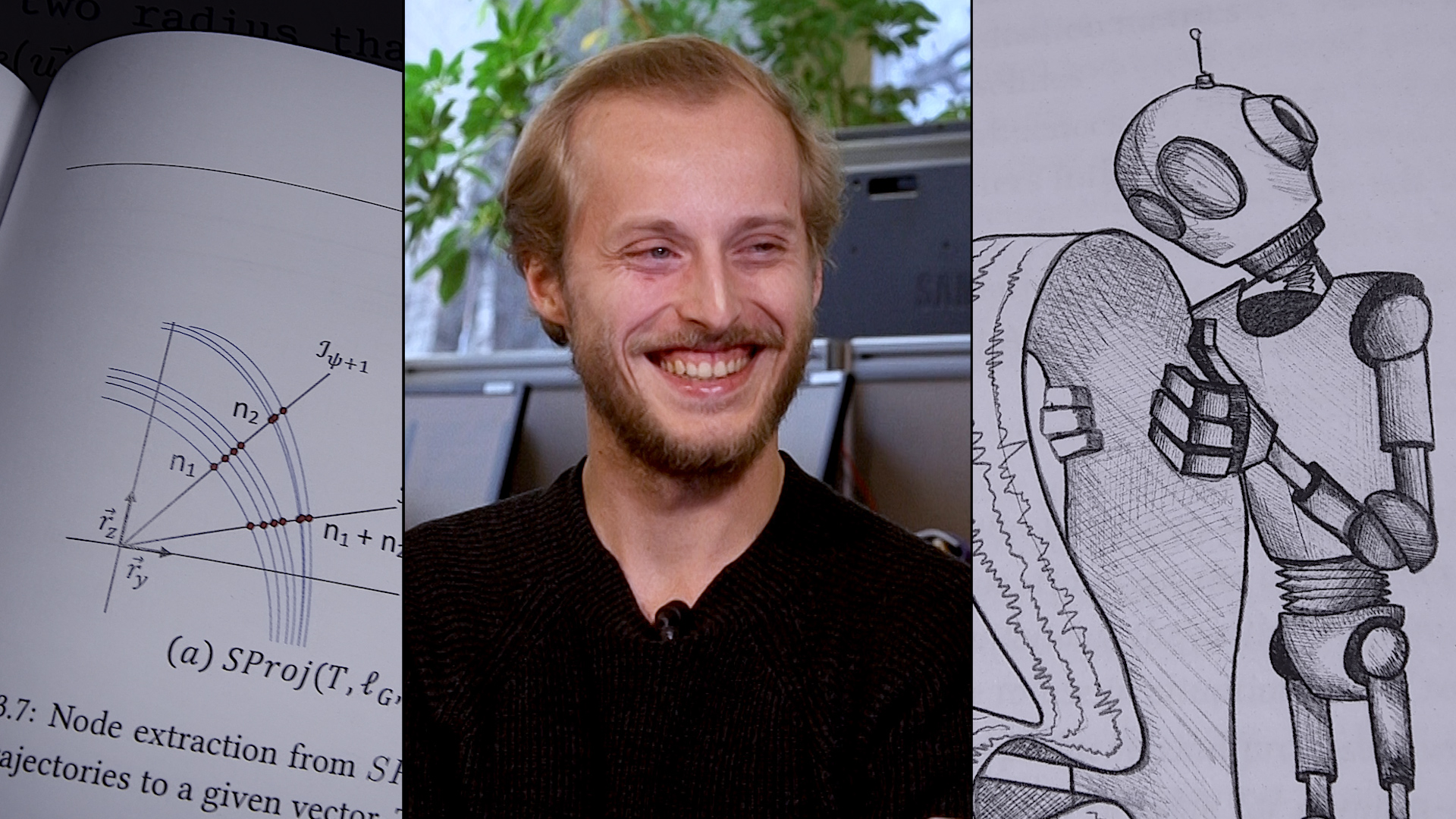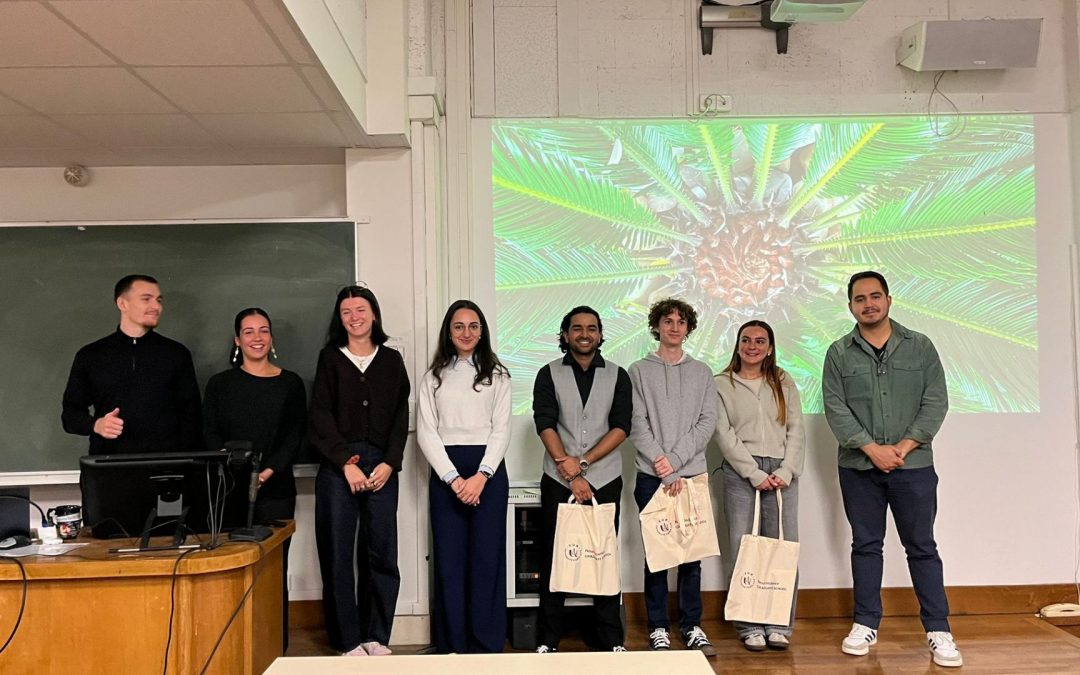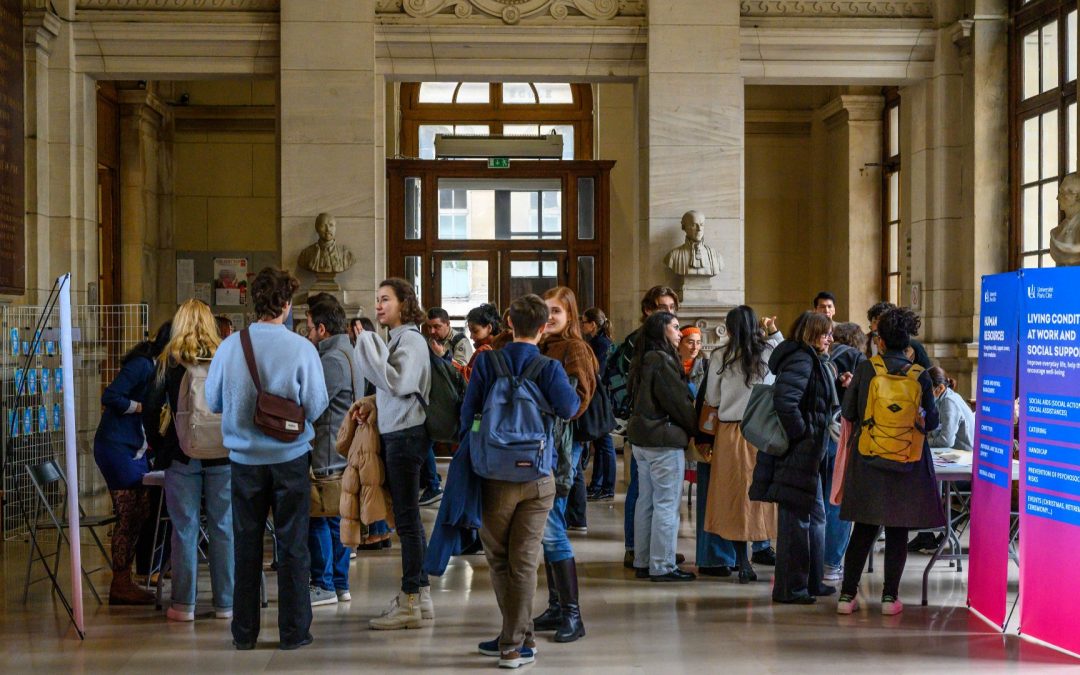Paul Boniol, Award-winning Post-doctoral Researcher Creating Predictive Algorithms
Paul Boniol, a post-doctoral researcher in computer science has won several awards for his work, which lead to the filing of 2 patents at both the national and European level. He explains his methods for analysing large volumes of data to create algorithms capable of predicting all kinds of anomalies.

Paul Boniol did his research at LIPADE, in collaboration with EDF (Electricité de France). His work, called ‘Analysis of very large multivariate time series using unsupervised learning methods in order to detect anomalies and support predictive maintenance’, focused on the analysis of very large volumes of time series data in the energy sector, collected from nuclear power plant reactors, hydroelectric dams, etc. Using new unsupervised learning methods, Paul created algorithms capable of detecting anomalies and facilitating their prediction. These results are available to the international scientific community. His work has been awarded 4 prestigious prizes and has led to the filing of national and European patents.
Read more
![[Cardiovascular Sciences] “Open UE”: looking back on an interdisciplinary adventure!](https://u-paris.fr/wp-content/uploads/2025/12/Sans-titre-1920-x-1080-px58-1080x675.jpg)
[Cardiovascular Sciences] “Open UE”: looking back on an interdisciplinary adventure!
The “open UE”, launched by the Graduate School Cardiovascular Sciences, brought together researchers, clinicians, and experts from diverse fields for a week to explore major issues in biomedical and translational research. Open to all students across the 29 Graduate Schools of Université Paris Cité, it offered a unique space for learning and interdisciplinary exchange.
read more
Scientific event: the Neuroscience Graduate School highlights its young researchers
The Neuroscience Graduate School held the third edition of its scientific event, giving students from across the Graduate School the opportunity to present their research work. This now-established meeting has become a key moment for bringing together Master’s...
read more
Call for applications for US Visiting Faculty 2026-2027
Committed to supporting research at the highest level through their partnership, Université Paris Cité and Sciences Po are calling for outstanding applications for visiting faculty from the United States. Apply before January 30, 2026.Candidates selected under a...
read more
Université Paris Cité welcomed new international staff members
On November 14th, Université Paris Cité welcomed nearly 50 new international staff members – visiting lecturers, doctoral and post-doctoral students, researchers, and contractual lecturer-researchers of foreign nationality – who have arrived since the beginning of...
read more